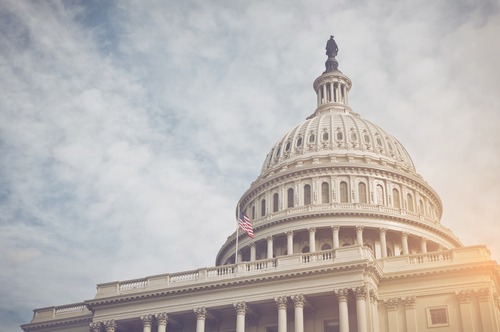
Two bills authored by U.S. Sens. Gary Peters (D-MI) and Chuck Grassley (R-IA) won the approval of their colleagues this week, putting it to the House whether efforts will be taken to close lobbying loopholes the pair fear foreign adversaries could exploit.
Respectively, the bills include the Lobbying Disclosure Improvement Act (S.264) and the Disclosing Foreign Influence in Lobbying Act (S.829).
“By providing more transparency about foreign lobbying practices, these bipartisan bills will help stop attempts by foreign adversaries to influence our political process and ensure that the federal government is working in the best interests of Michiganders and Americans,” Peters, chairman of the Homeland Security and Governmental Affairs Committee, said.
Transparency was the foundation of the Lobbying Disclosure Improvement Act, which seeks to increase scrutiny of the activities of lobbyists who represent foreign entities by requiring them to disclose exemptions under the Foreign Agent Registration Act when they register under the Lobbying Disclosure Act, in turn. This, proponents argue, would allow the Department of Justice (DOJ) to narrow the pool of registrants examined for potential violations, without adding much burden on registrants.
“The public ought to know if someone is using their lobbying disclosure to exempt themselves from registering as a foreign agent,” Grassley said. “Sunlight is the best disinfectant, and the American people deserve to know who is carrying water for a foreign power. I’m glad to see this bipartisan legislation move forward and hope to see it pass quickly in the House.”
Concerned in particular about agents of governments deemed adversarial, such as Russia and China, the Disclosing Foreign Influence in Lobbying Act would, meanwhile, shut off a loophole in the existing Lobbying Disclosure Act that allows such governments to conceal roles in American lobbying. It would remove the requirement for financial contributions as the guiding force of disclosure, requiring instead that lobbying organizations must disclose when foreign governments and political parties participate in their lobbying efforts, even when through other organizations and businesses.




